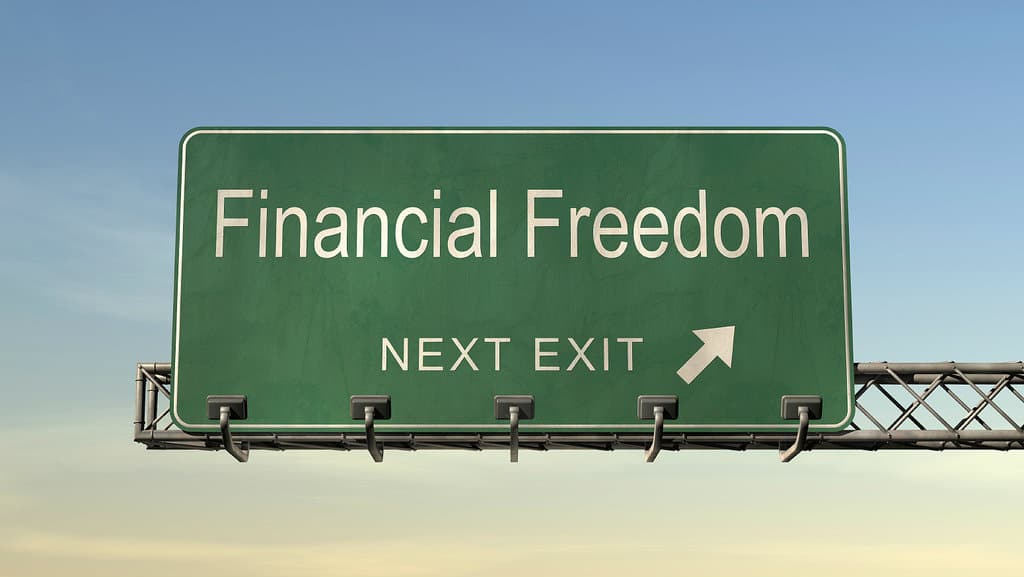
Before becoming rich, you first need to develop a habit of saving. Then invest intelligently in great businesses that are strong cash generators and have a tendency to share their profits with shareholders.
Live below your means
The Canadian household savings rate has been on the decline since 1982. At one point in 2015, Statistics Canada estimated that the savings rate was 4.2%.
With things like rent or mortgage, transportation, utilities, food, education, vacations, gadgets, and gifts competing for your cash all the time, how can you be sure you have savings left at the end of the year?
You’ll have savings left over if you develop a habit of spending less than you make.
This means that every month, you should have savings left. If you have trouble saving 4.2% of your gross income right now, start with $10 a week and build it up from there. For inspiration, it’s not unheard of for people to save 30% or even 50% of their monthly paycheques.

Keep bad debt to a minimum (or avoid it altogether)
Bad debt is money borrowed to buy assets that depreciate over time. This includes a newly bought car, whose value is reduced as soon as it’s driven.
Good debt includes borrowing for education or for your home. Your education can increase your success rate of landing a higher-paying job, while your home is expected to appreciate in the long run. And, of course, you can also rent out a part of it for rental income.
Pay off your credit cards every month, so you don’t pay any interest, which can typically range from 9-20%. Heck, most fund managers can’t guarantee that kind of return every year. So, why should you pay your credit card company that amount?
Some people use lines of credit as a cheaper option to fund their short-term needs, as lines of credit typically have lower interest rates than credit cards. However, even if you don’t draw from them, there may still be maintenance fees (either monthly or annually) associated with them. And as soon as you draw from one, you’ll have to pay interest.
Where is the best place to put your savings?
Save a portion in a high-interest savings account as an emergency fund. Typically, three to 12 months of living expenses should be enough.
For the rest of your savings, invest in quality businesses — ideally, ones that pay you growing income in increasing dividends over time. In Canada, you can look to the banks and utilities as a starting point.
Right now, Bank of Nova Scotia (TSX:BNS)(NYSE:BNS), Enbridge Inc. (TSX:ENB)(NYSE:ENB), and Altagas Ltd. (TSX:ALA) are relatively attractive stocks for growing income with juicy starting yields of 4-7.3%.







